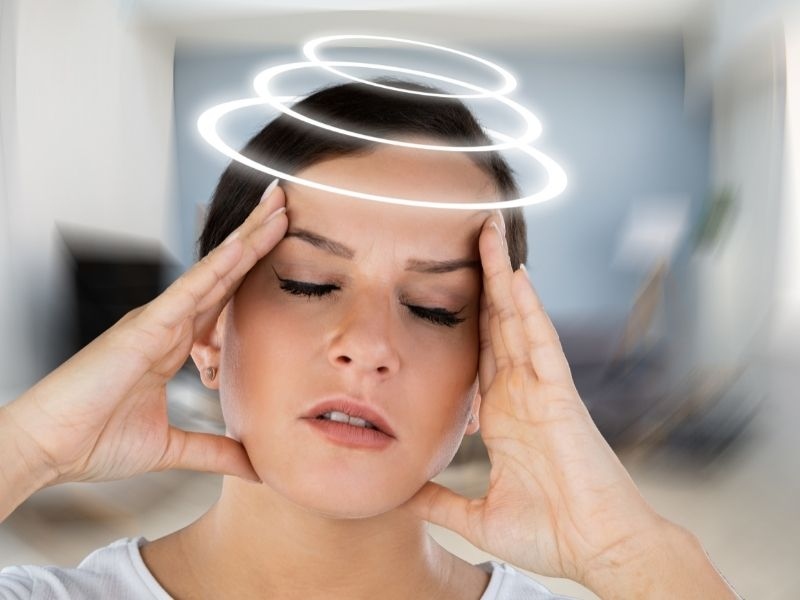Overview
Balance issues might make you feel dizzy, unstable, or lightheaded. You may feel dizzy or as if you're about to fall. These emotions can occur when lying, sitting, or standing.
To be in balance, several body systems must function regularly. Muscles, bones, joints, eyes, inner ear balance organ, nerves, heart, and blood vessels When these systems aren't working properly, you can lose equilibrium.
Many illnesses might create balance issues. However, most balance difficulties arise from the inner ear's balancing organ (vestibular system).
Symptoms
Symptoms of balance issues include:
a feeling of spinning (vertigo)
Fainting or lightheadedness (presyncope)
Unbalance or shakiness
Falling or fearing to fall
Floating or dizziness
Blurriness and Confusion Causes
Several conditions might create balance issues. The reason of balance issues is frequently linked to the symptom.
a feeling of spinning (vertigo)
Vertigo is linked to conditions like:
Benign paroxysmal positional vertigo (BPPV)
BPPV occurs when calcium crystals in the inner ear that assist govern balance are dislodged and move about.
Adults most commonly suffer from BPPV. Turning in bed or leaning your head back to look up may cause a whirling sensation.
Neuralgia It affects the balancing component of the inner ear's nerves. Symptoms include nausea and difficulties walking. In some cases, symptoms improve without medication. Adults have this disease second only to BPPV.
dizziness (postural-perceptual).
This disease commonly comes with other vertigo. Symptoms include dizziness or a motion in the head. Symptoms worsen when you watch moving items, read, or are in a visually complex environment like a shopping mall. It is the third most frequent adult disorder.
Meniere's Meniere's illness can produce abrupt and severe vertigo, fluctuating hearing loss, and ringing, buzzing, or a fullness in the ear. Meniere's illness has no recognized etiology. Meniere's illness is rare and usually affects adults aged 20 to 40.
Migraine Migraine can cause dizziness and sensitivity to motion. Migraine causes dizziness.
Aural neuroma This benign (non-cancerous) growth affects hearing and balance. Hearing loss and ringing in the ears are the most prevalent symptoms. Acoustic neuroma is rare.
Ramsay Hunt's sy
A shingles-like illness damages the facial, auditory, and vestibular nerves near one of your ears, causing this ailment. Vertigo, ear pain, facial paralysis, and hearing loss.
Headache.
A concussion or other head injury can cause vertigo.
GI distress.
Dizziness can occur in boats, vehicles, planes, and amusement park rides. Migraine sufferers often get motion sick.
Read the whole article at https://www.mayoclinic.org/diseases-conditions/balance-problems/symptoms-causes/syc-20350474










 And then Add to Home Screen.
And then Add to Home Screen.